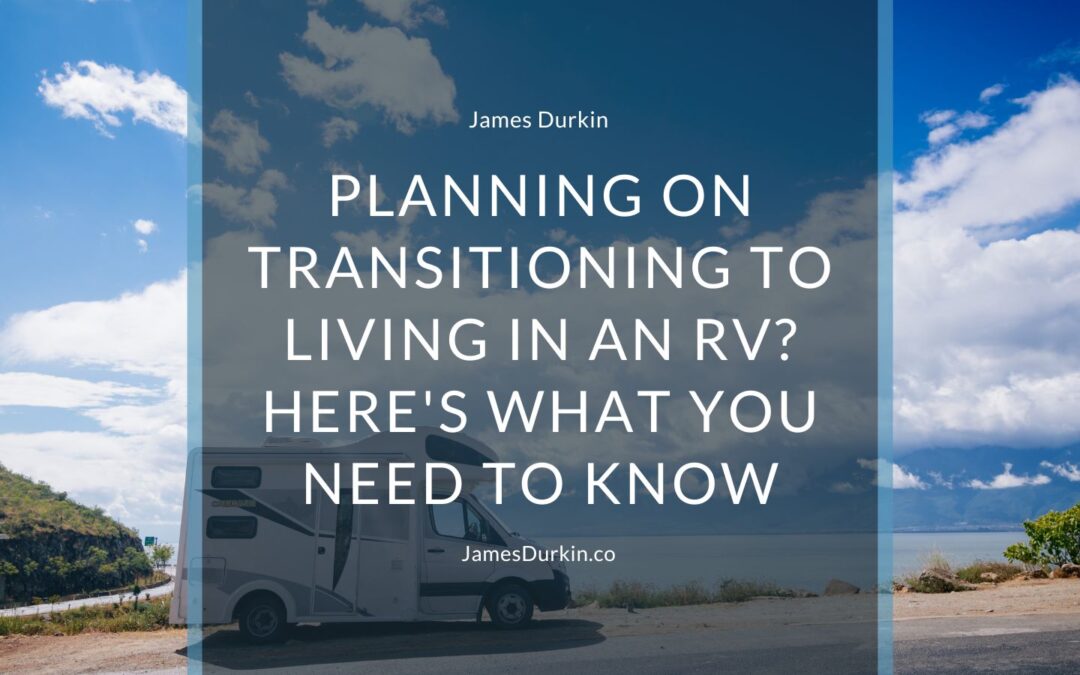Transitioning to living in an RV allows you to explore new places while still enjoying the comforts of home. You can wake up to a new view daily and explore different areas and landscapes at your own pace. This can be a thrilling and enriching experience, especially if you’ve always had a sense of adventure and a love for travel. It eliminates many costs associated with traditional homeownership, such as property taxes, maintenance, and repairs. It can also reduce living expenses by staying in less expensive campsites or boondocking on public lands.
Many RVers form close bonds with fellow travelers they meet on the road, and there are many RV clubs and societies where you connect with others who share a love of travel. Transitioning to living in an RV can be a fulfilling and satisfying way to simplify your life and focus on what’s truly important. By embracing a minimalist lifestyle and downsizing your possessions, you can free yourself from the burden of excess “stuff” and enjoy a more stress-free, relaxed way of living.
Choosing the Right RV
RV types include motorhomes, travel trailers, fifth wheels, and pop-up campers. Consider factors such as your budget, the size of your family, and the kind of travel you’ll be doing when deciding which type of RV is right for you.
Driving and Maintaining Your RV
Driving an RV is different from a car, so it’s essential to take the time to learn how to operate and maintain your RV correctly. Consider taking a driving course specifically for RVs to help you get comfortable behind the wheel. You’ll also need to learn how to maintain your RV’s systems, such as the water, electrical, and sewage systems.
Planning Your Route and Campsites Ahead of Time
Planning your route and campsites can help you avoid surprises and ensure you have a place to park your RV each night. Use a map or GPS to plan your route and research campsites to find the best fit for your needs and budget.
Preparing for Emergencies
Living in an RV means that you’ll be traveling far from home and may not always have access to emergency services. Carry a first aid kit, extra food and water, and a backup power source in case of a power outage.
Embracing a Minimalist Lifestyle
Living in an RV means living in a small space, so embracing a minimalist lifestyle is essential. Only take what you need and learn to maximize your space. Consider downsizing your possessions before you hit the road to make the transition to RV living easier.
By choosing the right RV, learning how to drive and maintain it, planning your route and campsites, being prepared for emergencies, and embracing a minimalist lifestyle, you can make your transition to RV living a success.

